BLOX holds a MiCAR license from the AFM.
Start your way
At BLOX, we understand that every crypto investor is unique. That’s why we offer two accounts that fit your personal goals and needs.

Custody
Storage
Your crypto is stored separately and fully safeguarded. It’s managed for you and isn’t part of BLOX’s own assets.
Costs
Subscription: €1 per month
At €10,000 in crypto: 1% per year

Earn
Weekly returns
Receive between 0.25% and 12.5% returns through the Earn program. This activity is not supervised by the AFM and carries risks. You lend your crypto to BLOX Earn.
Costs
No fixed fees. BLOX Earn achieves a higher return than the amount you receive. The difference is the fee for BLOX Earn and BLOX.
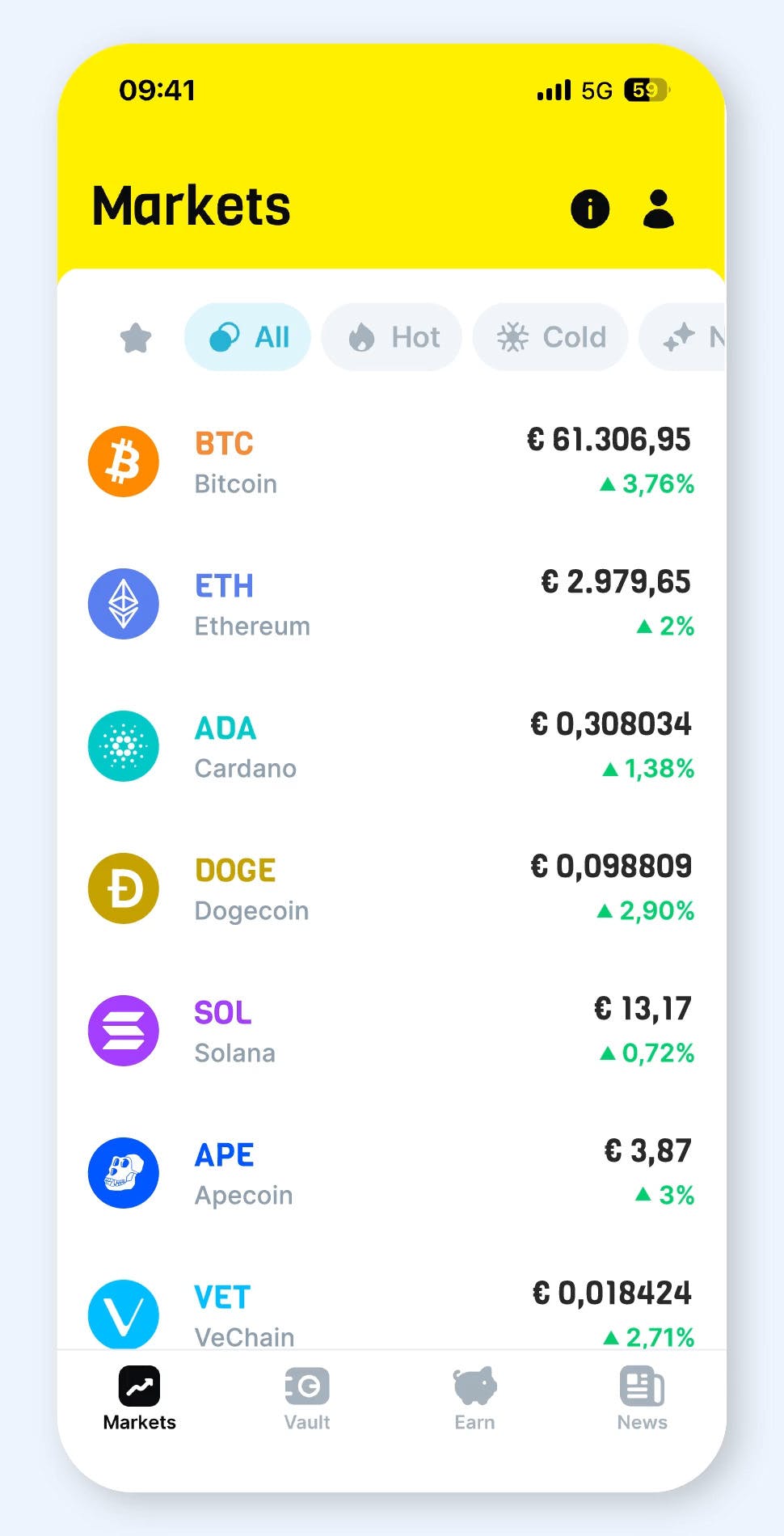
- Start with just €1
- Receive weekly returns
- Get real-time price updates
Today's most popular cryptos
Quick Start
With the easiest crypto app
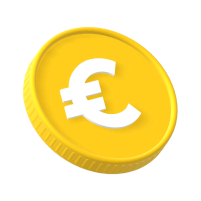
Start with just €1
Invest a tenner or a ton. You decide your stake.

Buy crypto within 1 minute
Quickly invest in your favorite cryptocurrencies.

Everything you need, in one place
Live prices, extra rewards, and fresh crypto news every day.
BLOX is simply affordable
You buy your favorite cryptos at BLOX with low transaction fees: 0.25%! An account is free and it will remain free.
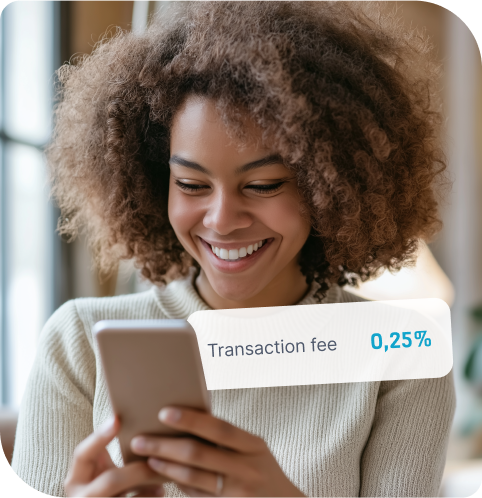

Trust a secure platform
Your crypto is always well-protected

Protected system
Only euros go in and out via your linked bank account. Not interesting for hackers!
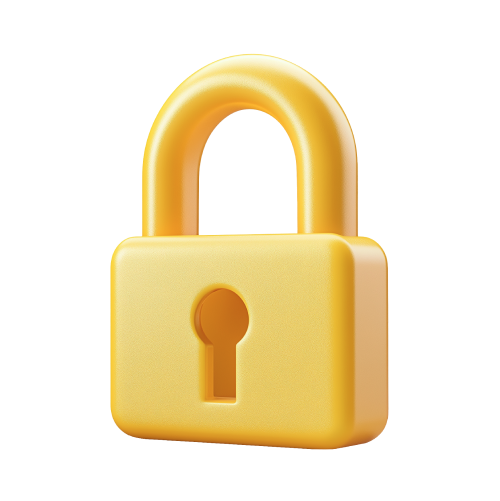
Extra privacy
You can hide your investment at the click of a button for more privacy.
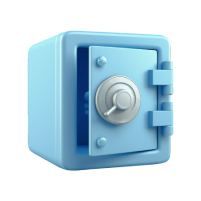
Secure storage
Your coins are safe and meticulously stored according to high standards.
5 reasons to choose BLOX
Had you thought about this already?

BLOX Earn
Earn returns on your crypto without trading. Put your coins to work and receive weekly rewards.
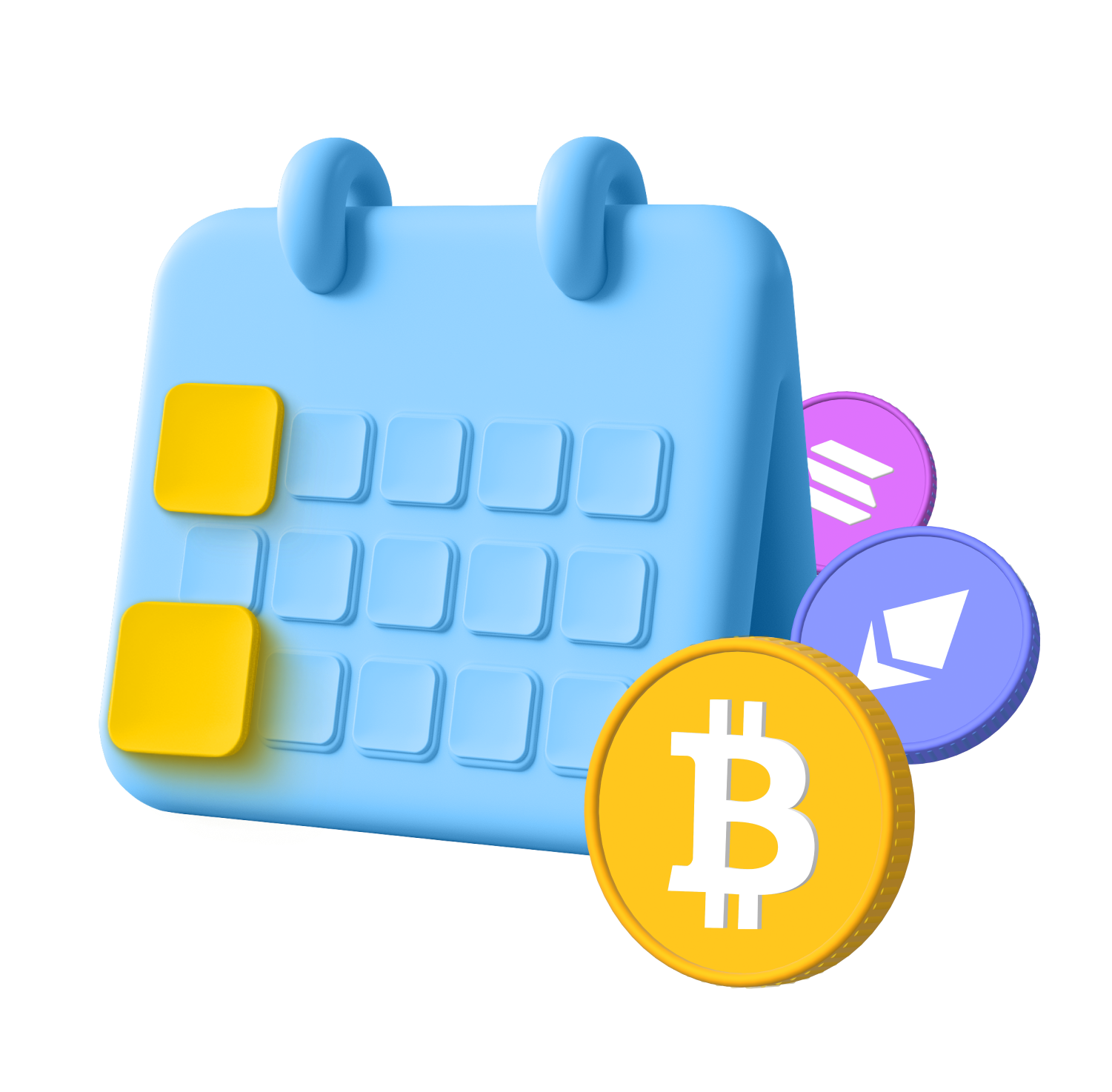
Dollar Cost Averaging (DCA)
Invest an amount in crypto at fixed times. This way you profit from fluctuations in the market.
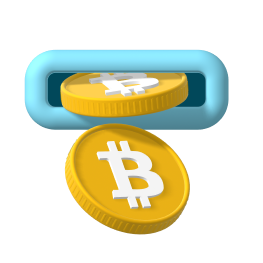
Deposit crypto for free
Send your Bitcoin to BLOX for free. Simply from another platform or from your other wallet.

Always up-to-date
Get the latest news daily from our experts who always keep an eye on the market.

A price alert when you need it
Receive an alert when your favorite crypto reaches a certain price. No more FOMO!